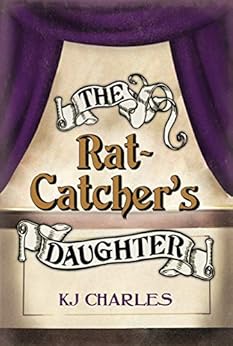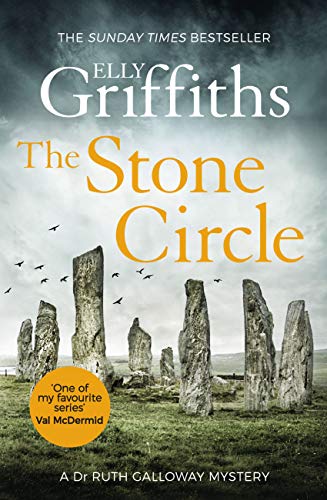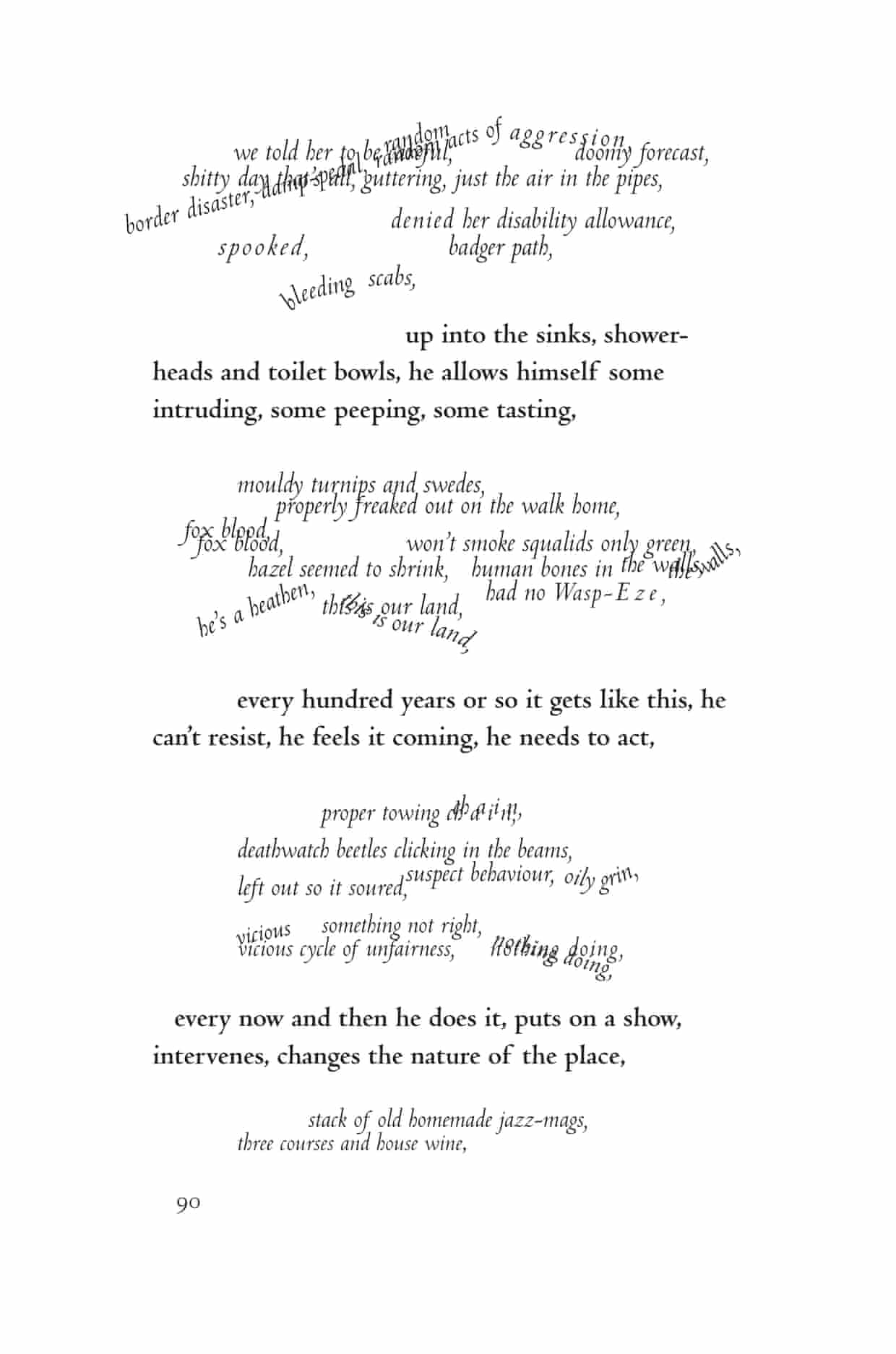Before I went, before I blew out my lamp, I painted footprints leading up the beach from the water. I wanted to give my jailers a turn. I wanted them to imagine, if only for moment, that I'd walked away into the picture.
"Anyway—I put out my lamp and lay down to rest and keep watch. But I fell asleep. I thought I slept. For, without a change in the light, or atmosphere, a man walked down the faintly gleaming patches of my receding footprints—the paint was still wet—and stood before me. He was old and small and dark-skinned—and he had his shirt open and was applying traction to his ribcage with his own two hands in order to show me what was missing."
"What was missing?" said Juanita.
"His heart, of course." [p. 284]
After I'd finished my first read of The Absolute Book, I had an urge to reread Black Oxen, one of my favourite of Knox's novels. (The link there goes to my original review from 2015. There's no ebook but I found a copy via the Internet Library.) The two novels seem to be in the same key, and there are shared themes: sisters, amnesia, moving between worlds, a central character who doesn't understand his origins or his powers, and who makes choices which seem amoral.
Black Oxen is a more shadowy book, with a labyrinthine structure and a twistily non-linear timeline. The magic is dark, too: ritual sacrifice, cannibalism, sex, mimicry and contiguity... The scale, though it spans worlds, is smaller, and the resolution framed in terms of Abra's / Ido's identity, Carme and Fidela's heritage, and the limits of power and responsibility. The characters do want to change the world, or worlds: to bring worlds together. However, here it's a process rather than an accomplishment.
I enjoyed working out the puzzle of Ido's timeline the first time around: this time, I noticed much more about healing and its opposite. I suspect there are layers of this novel I haven't yet uncovered, and I look forward to my next reread.











